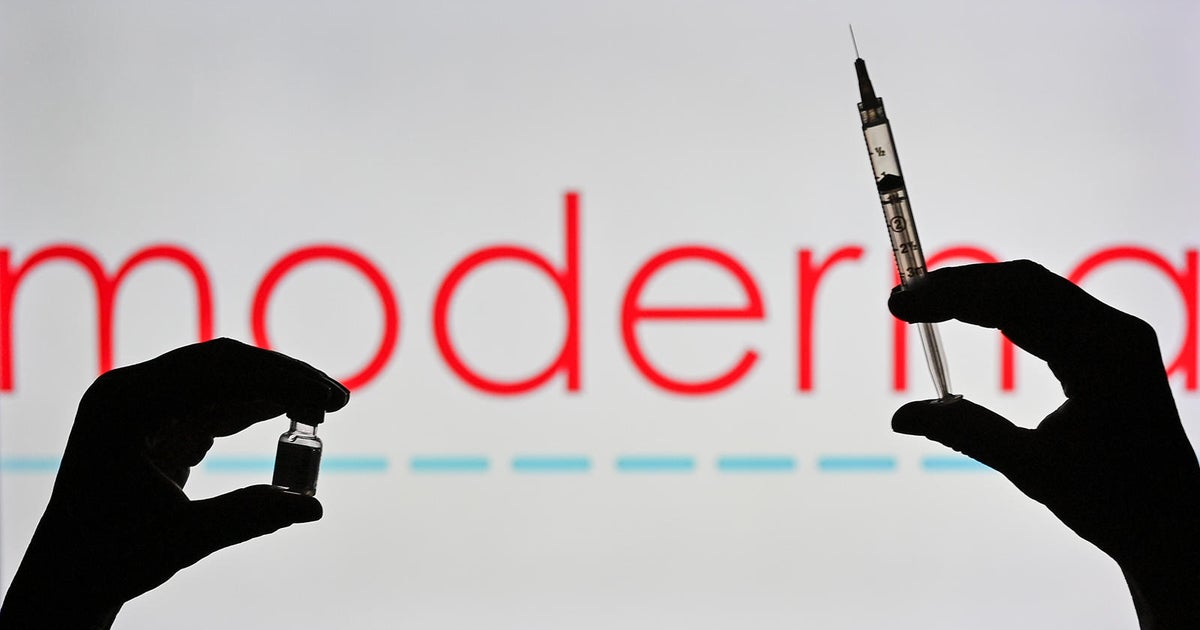'Vampire Facial' May Have Exposed Spa Clients To HIV, New Mexico Health Officials Say
(CNN) -- Health officials are recommending that clients who have received a "vampire facial" or any other type of injection-related service at an Albuquerque spa get tested for HIV and other blood-borne infections, as unsafe practices recently were identified at the facility.
The New Mexico Department of Health announced on Tuesday that a client of VIP Spa developed an infection that may have resulted from a spa procedure.
Now the department is urging clients to visit the state's Midtown Public Health Office this week for HIV, hepatitis B and hepatitis C lab testing and counseling.
"It is very important that anyone who received a vampire facial or other injection-related service at the VIP Spa in May or June of 2018 come to the Midtown Public Health Office for free and confidential lab testing and counseling," Lynn Gallagher, Cabinet secretary for the New Mexico Department of Health, said in the announcement.
An inspection of the spa on Friday revealed it was practicing in a way "that could potentially spread blood-borne infections such as HIV, hepatitis B and hepatitis C to clients," according to the announcement.
Subsequently, the spa was issued a cease and desist letter, and closed immediately, the department said.
A representative of the spa declined to comment, and CNN attempted to contact a lawyer for the spa on Thursday.
When done safely and properly, a vampire facial -- also known as a plasma-rich protein facial -- should not expose clients to any such blood-borne infections, experts say.
"This never ever should have happened in the first place," said Dr. Kenneth Mark, a board-certified cosmetic dermatologist in New York and clinical assistant professor at NYU Langone Health, who was not involved in the New Mexico case.
"As long as proper protocols are followed and there is no sharing of equipment for patients," he said, "then it should not be an issue."
How a 'vampire facial' works
A vampire facial involves drawing a person's blood, hence the name.
"The blood is then centrifuged, meaning it's processed in a centrifuge machine where it's spun around real fast," said Dr. Ehsan Ali, a board-certified internal medicine physician known as the Beverly Hills Concierge Doctor.
Next, "the plasma is then extracted. The plasma is what has all the nutrients, the growth factors, and the protein that helps stimulate new skin, new collagen, and that's essentially what's providing all the benefit," he said.
The plasma is then layered on top of the face and reinjected into the skin using a tool called a micro-needling pen, which creates tiny punctures in the skin with miniature fine needles.
Ali, who was not involved in the New Mexico case, said that if the micro-needling pen or any other equipment is not properly disposed of or sterilized between facials, that could expose patients to potential blood-borne infections, as what was seen in New Mexico. That could occur if micro-needling tips or syringes were reused, or if another patient's blood was used to perform the facial, for instance.
If interested in a vampire facial, Ali advised that patients make sure they see practitioners opening new syringes to draw blood, as well as changing the micro-needling pen before performing the procedure.
"Just make sure you're seeing everything being done in front you," he said. "Make sure that the place is using new equipment, changing the tips and needles."
Dr. Michael Dobryansky, a plastic surgeon at the Long Island Plastic Surgical Group who is trained in the cosmetic vampire method, said there is specific training providers must complete to become licensed in a complex procedure like the vampire facial.
"So for patients, when they are investigating places for getting these types of procedures, they need to make sure that the places are actually vampire certified, because there is specific training and there is specific maintenance of certification that that organization requires of its providers in order to be able to both perform the procedures and continuously offer them to patients," said Dobryansky, who was not involved in the New Mexico case.
"If you as a consumer look for that, you're likely to end up in a reputable place," he said.
Patients also should make sure any facility they visit for such procedures follows universal safety precautions, such as "handwashing, and wearing gloves, wearing masks when appropriate, disposing of waste appropriately including blood-related wastes," among other precautions, he said. "So all those things need to be in place."
The-CNN-Wire
™ & © 2018 Cable News Network, Inc., a Time Warner Company. All rights reserved.







